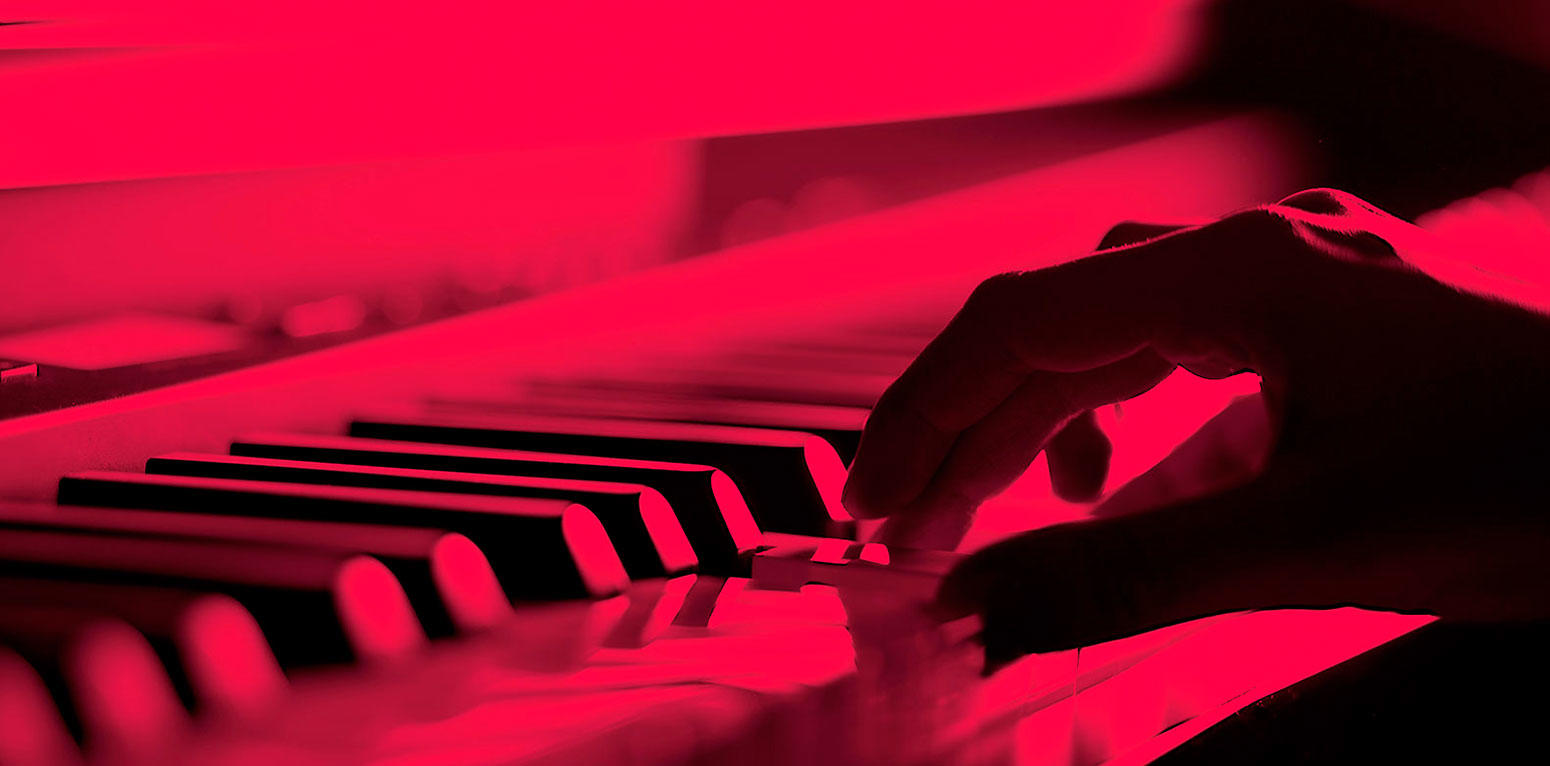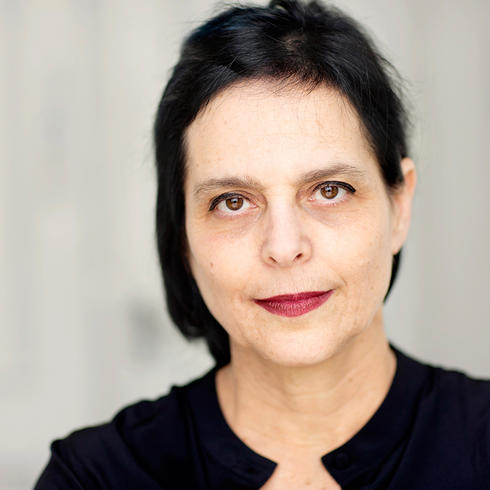
" Heart Chamber (2019) "
Opera
Editions Schott
SÉLECTION 2020
- Nominated for : The Musical Composition Prize 2021
An inquiry about love
Composition and text : Chaya Czernowin
Director : Claus Guth
Stage : Kristian Schmidt
Dramaturgy : Yvonne Gebauer / Dorothea Hartmann / Christoph Seuferle
> Création le 15 novembre 2019, au Deutsche Oper Berlin, Germany.
Patrizia Ciofi, soprano / Dietrich Henschel, baritone / Noa Frenkel, contralto
Terry Wey, countertenor / Frauke Aulbert, vocal artist
Ensemble Nikel
(Patrick Stadler, saxophones / Yaron Deutsch, electric and amplified acoustic guitar / Antoine Françoise, keyboards and piano / Brian Archinal, percussion) plus Uli Fussenegger, double bass
Choir : 16 voices
Orchestra : Deutsche Oper Berlin, dir. Johannes Kalitzke
Electronics : SWR Experimentalstudio Freiburg with Joachim Haas, Carlo Laurenzi and Lukas Nowok
This is a romantic opera for the twenty-first century. At its core are questions that could not have been asked seriously before. Is it inevitable that two people should be joined in a physical, emotional, social and familial bond ? Do we want to be alone, or do we want to live in a couple or in a family ? Must we sanctify love above all else ? Insofar as it tells a story – or describes a series of scenes – Heart Chamber does so in ways that engage us listeners aesthetically, psychologically and physically. As far as is possible, we are drawn into the same adventure into the unknown as the lovers themselves.
The opera follows a unique formal design that echoes Czernowin’s presentation of love that is not determined by social requirements or conventional narrative, but by the realities of physical and psychological change. Unlike HIDDEN or Infinite Now, Heart Chamber shifts its emphasis away from frozen moments of almost bottomless depth, and towards a continual forward motion: it is a constantly changing organism.At each step along the opera’s path something is added that changes its course, alters its endpoint. Following it is like tracing your finger through a maze, but in reverse. As elements combine, they open, they gain something, they lose something, they move forward. Where we end up is not encoded in where we began.”
Tim Rutherford-Johnson (From the Deutsche Oper Programme Notes)
Heart Chamber has only two characters and only a hint of a story — a chain of connected situations, dreams, nodal moments when something opens up or closes down — as the internal mental landscape of the lovers is propelled towards tectonic change.
The text is mostly written as a score where the voices are braided and talk almost simultaneously. Dialogues between the man and the woman are interrupted by dreams that are monologues, projecting the deep-seated ambivalence and conflicts that emerge as the lovers realize the demands of societal conventions of love.
Here is the third dream, which is dreamt by the woman :
My bathroom is long and endless. Its white but some moss is appearing from behind the tiles. I don’t notice it at first, but its growing fast. Now I see it. I try to peel away the moss. I scratch at it hard with a brush with a knife with my fingernails with my teeth - the leaves are so small they escapes me. Now it's sprouting out from under my fingernails spreading across my hands my stomach its enveloping my breast my throat my chin my mouth my nose my eyes I can not see i can’t see I can not move i can’t move I can not breath I can not breath I can not breath i can not breathe. (…)
Heart Chamber is also an attempt to create a true multisensory experience, an experience of music in its sensual fabric, where music becomes smell, touch, cutting pain, extreme vulnerability, pure joy, or euphoria. The transitions and shifts between these states are uncontrolled and unpredictable.
Each of the protagonists is connected with an additional singer (an internal voice) who reveals the protagonists’ deep subconscious. The soprano’s internal voice is sung by a contralto and the baritone’s internal voice is sung by a countertenor. The internal and external voices do not always agree.
Musically, Heart Chamber is all about the voice, about using the voice, about communicating through the voice. The singers will be amplified and recorded ahead of time so that while a singer sings a phrase we might hear the same phrase with a subtle change coming from a loudspeaker, playing back the voice recorded intermittently with many different microphones, each illuminating the different colors of the same voice and of the same vocal line.

